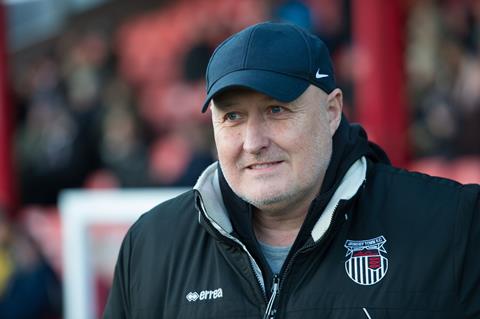A boutique law firm which agreed to run data privacy claims on behalf of professional sportspeople is not entitled to invoice for the work, the High Court has ruled.
Senior Costs Judge Rowley ruled in Global Sports Data Technology Group Ltd v IPS Law LLP that the firm had taken the risk of working unpaid to be in with a chance of a £6m windfall.
Rowley concluded that IPS Law and its senior partner Christopher Farnell had effectively been in a partnership or joint venture with Global as they agreed to run potentially thousands of data claims.
There was no written contract between the parties, but an agreement that the firm could recover 10% from the potential £60m damages pot they hoped to claim for.
‘It seems to me that, once the parties fell out, Mr Farnell’s opportunity to share in the proceeds of any DBAs had disappeared and that led to the invoices being raised and sent to the claimant,’ said Rowley.
The court heard that the parties gave differing accounts of what the financial arrangements were for the venture referred to as Project Red Card.
Global co-founders Jason Dunlop and ex-Cardiff City manager Russell Slade had planned to bring a group claim on behalf of hundreds of professional sports people suing companies for using their personal playing data. The target was intended to be computer games manufacturers and betting companies who used the players’ personal data for their products.

Dunlop and Slade met Farnell in 2021 whereupon it was agreed that the law firm would find litigation funding with the aim of raising £20m.
Dunlop told the court it was ‘clear’ from their first meeting that the model was to be 10% to the funders, 10% to Farnell and his firm, and 10% to Global; paid for from the damages under the terms of the CFA or DBA between the defendant and each individual player or athlete.
Farnell submitted that as a boutique sports legal practice, IPS Law would only work on the condition that it would be paid for its services. He took comfort from Dunlop’s assurance that ‘no one expects you to do work for nothing’.
Once the venture failed, Rowley said invoices worth around £370,000 were raised as ‘mopping up’ bills for work done. The fact that they had not been produced suggested these invoices ‘more of an accounting solution to convert work in progress into bills which could be treated as income for the firm’.
The judge said this had been a partnership where different entities brought their skills to a potentially lucrative project.
‘Such a relationship is not a client and solicitor relationship of the sort where an implied retainer exists and the client is liable to pay the solicitor for doing work even if there is no written documentation,’ he added. ‘It is very much a matter where each entity puts in its time and effort at its own risk if the project proved unsuccessful.’
Michael Fletcher, partner and head of costs, and Gareth Farrelly, senior associate at Glaisyers ETL acted for Global in this matter.
Fletcher said: ‘This was an exceptional and highly unusual case against a firm of solicitors, which was resisted by Global throughout. I am extremely pleased that their position, which they consistently held, has been fully accepted by the senior costs judge.’
In a statement following the ruling, Dunlop said: ‘This was a clear and fair decision. The court has recognised what we have consistently said – that IPS Law was not engaged to act as our legal representative and was not entitled to deduct money from investment funds that it held for us.’
This article is now closed for comment.



























2 Readers' comments